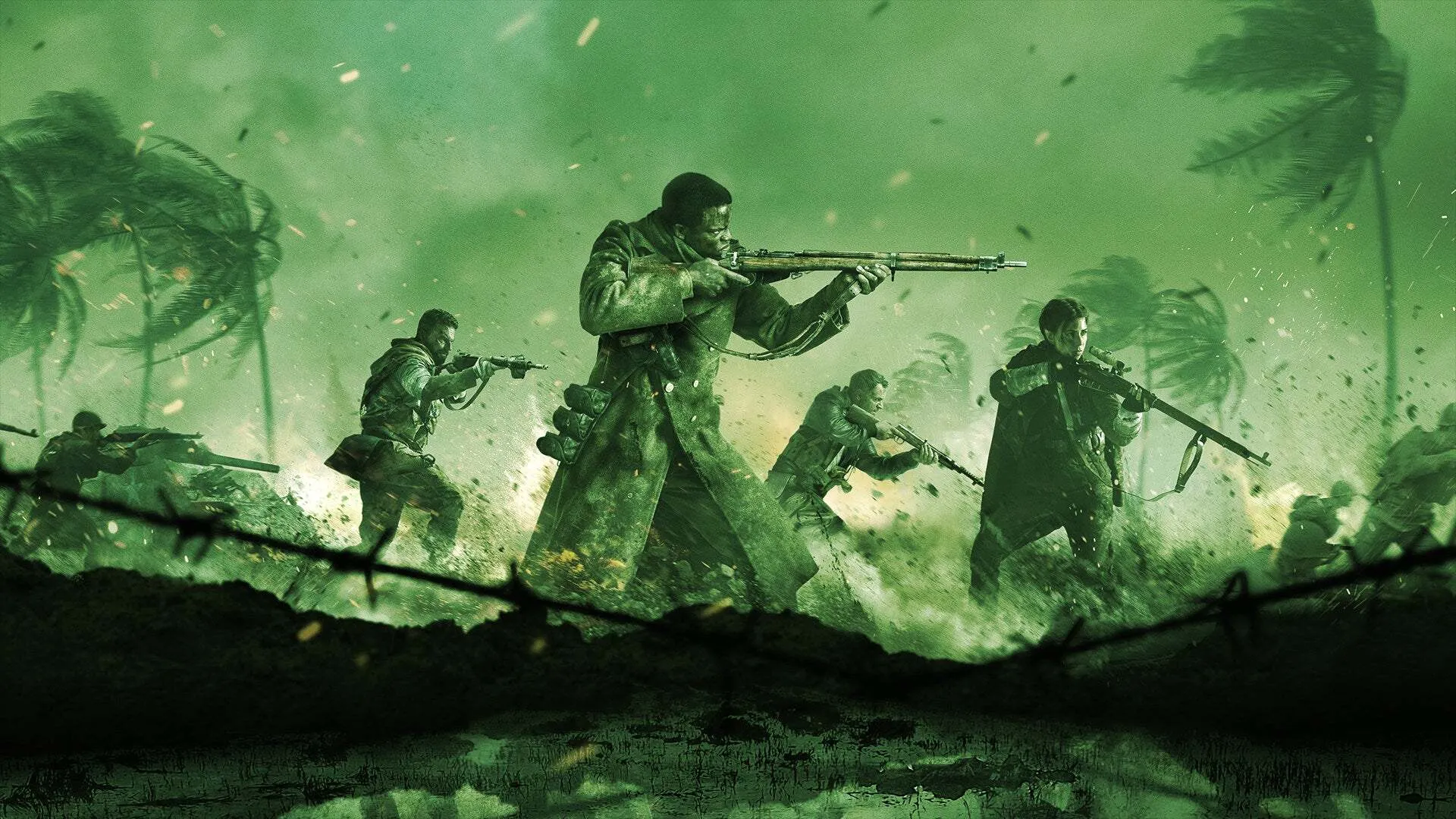On Thursday, the Federal Trade Commission announced a lawsuit to block Microsoft from acquiring Activision Blizzard, developers of the Call of Duty and Overwatch franchises. The FTC alleges the deal would give Microsoft an unfair advantage over its competitors in the gaming industry, essentially creating a monopoly.
Microsoft announced the planned acquisition, reportedly worth $68.7 billion, in January. The FTC called it the largest ever deal in the video gaming industry.
"Microsoft has already shown that it can and will withhold content from its gaming rivals," Holly Vedova, Director of the FTC's Bureau of Competition, said in a statement. "Today we seek to stop Microsoft from gaining control over a leading independent game studio and using it to harm competition in multiple dynamic and fast-growing gaming markets."
The lawsuit, if successful, would put a snag in Microsoft's push into the still-nascent metaverse. The company has taken several steps in that direction, including joining Meta, main rival Sony, and others to create an "Open Metaverse.”
The Metaverse Standards Forum says it aims to foster coordination and cooperation between companies looking to create the next iteration of the internet.
The FTC cited Microsoft's acquisition of Bethesda Games Studios, creators of the Fallout and Elder Scrolls franchise, and making its Starfield and Redfall games exclusive to its flagship Xbox console.
Blockchain developers have expressed concerns about companies like Microsoft and Meta dominating the next internet and building closed ecosystems and walled gardens, which Meta has denied. Other concerns relate to the lack of ownership potential that a metaverse developed by major Web2 corporations would have for gamers.
While Microsoft is stepping into the metaverse, it appears that the company has no intention of allowing "Web3" products, like non-fungible tokens or NFTs, into its existing virtual worlds. In July, the company banned NFTs on its game servers, including the global phenomenon Minecraft.
"To ensure that Minecraft players have a safe and inclusive experience, blockchain technologies are not permitted to be integrated inside our client and server applications," the company said in a news post. "Nor may Minecraft in-game content such as worlds, skins, persona items, or other mods, be utilized by blockchain technology to create a scarce digital asset."
The FTC says that if the Activision Blizzard deal goes through, it will give Microsoft the means and motives to harm competition by manipulating pricing, game quality, and player experience on Activision games on rival platforms and game services.
In response to the FTC lawsuit, Activision CEO Bobby Kotick wrote: “The allegation that this deal is anti-competitive doesn’t align with the facts, and we believe we’ll win this challenge.”
Jeb Boatman, Senior Vice President of Litigation, Regulatory, and Public Policy Law at Activision Blizzard, sent an open letter to employees asserting that it's very unlikely that Microsoft would make its "Call of Duty" games an Xbox exclusive.
"Microsoft has spent the last year promising global regulators, tens of millions of players, and competing consoles and platforms that they won’t do that," Boatman wrote. "Do people really think that Microsoft—one of the world’s most respected companies—would risk its reputation and relationships to go back on that promise?"
“The player backlash would be disastrous," he added. "It would destroy Microsoft’s trust with players and its brand, something Microsoft has spent decades building and protecting."
Daily Debrief Newsletter
Start every day with the top news stories right now, plus original features, a podcast, videos and more.

